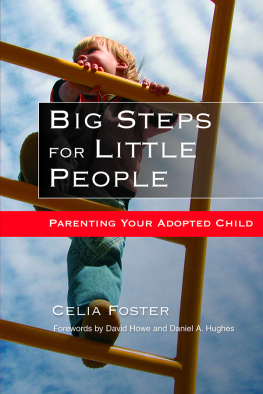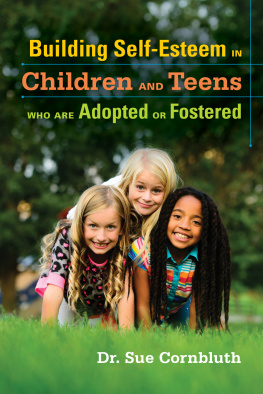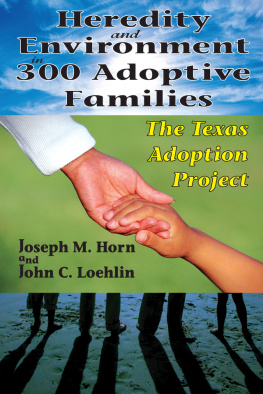Josephine A. Ruggiero - Eastern European Adoption: Policies, Practice, and Strategies for Change
Here you can read online Josephine A. Ruggiero - Eastern European Adoption: Policies, Practice, and Strategies for Change full text of the book (entire story) in english for free. Download pdf and epub, get meaning, cover and reviews about this ebook. City: London, year: 2007, publisher: Routledge, genre: Science / Politics. Description of the work, (preface) as well as reviews are available. Best literature library LitArk.com created for fans of good reading and offers a wide selection of genres:
Romance novel
Science fiction
Adventure
Detective
Science
History
Home and family
Prose
Art
Politics
Computer
Non-fiction
Religion
Business
Children
Humor
Choose a favorite category and find really read worthwhile books. Enjoy immersion in the world of imagination, feel the emotions of the characters or learn something new for yourself, make an fascinating discovery.
- Book:Eastern European Adoption: Policies, Practice, and Strategies for Change
- Author:
- Publisher:Routledge
- Genre:
- Year:2007
- City:London
- Rating:4 / 5
- Favourites:Add to favourites
- Your mark:
Eastern European Adoption: Policies, Practice, and Strategies for Change: summary, description and annotation
We offer to read an annotation, description, summary or preface (depends on what the author of the book "Eastern European Adoption: Policies, Practice, and Strategies for Change" wrote himself). If you haven't found the necessary information about the book — write in the comments, we will try to find it.
Between 1990 and 2006, more than 76,000 children born in Eastern Europe were adopted into American families. Almost two-thirds of these children came from Russia. And in contrast to children adopted from Korea, China, Central America, and South America, most of the Russian children were not infants, but between one and four years old. This volume addresses adoption policies and practices as they pertain to adopted children from Eastern Europe, children who have histories of pre-adoption adversity. Drawing on her decade-long experience as an adoptive parent of siblings born in Russia and her expertise as an applied sociologist, Josephine Ruggiero examines the central issues involved in international adoptions, focusing on older children as well as siblings, and suggesting needed changes in policy and practice.
Regardless of whether children are adopted domestically or internationally, age is a significant factor in their ability to adjust to and function well in their new families. Only about three in ten Russian adoptees joined their new families as infants. Pre-adoption experiences are also significant factors in a childs ability to adjust and function well in a new family. Countries differ in risk factors that may figure into the likelihood of adoptees adapting to life in a new family. Fetal Alcohol Syndrome, serious medical conditions, emotional problems, behavioral problems, attachment issues, learning disabilities, and exposure to family violence must be considered as potential risk factors in adoptions. Pre-adoption adversity is less likely when children come from birth families that are economically poor but have bonded with them.
At a time when adoption has finally come out of the closet and the definition of the family is changing dramatically, Eastern European Adoption takes a much-needed look at current adoption policies and practices and how well they do or do not work. Ruggiero draws on the literature on older-child and sibling adoption, and data from a questionnaire survey she designed and conducted with 121 adoptive parents. Ruggieros examples from real adoptive families give a human face to the issues, needs, and strategies she discusses.
Josephine A. Ruggiero: author's other books
Who wrote Eastern European Adoption: Policies, Practice, and Strategies for Change? Find out the surname, the name of the author of the book and a list of all author's works by series.






